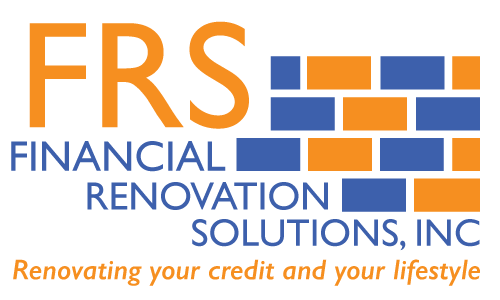June 8, 2017
Shawn Lane
Consumer Credit Expert
Dreaming about buying the perfect home? If so, then you may have already picked out your favorite neighborhoods and floor plans. You might have imagined exactly how you will decorate each room in your new home or you may have plans for a beautiful outdoor retreat in your back yard. However, if you have not yet considered how to get your credit in the best shape possible for your mortgage application then you have skipped a very important step.
Your credit reports and scores will have a huge impact upon your ability to qualify for a mortgage. Plus, even if your credit is strong enough to qualify, those reports and scores will continue to have an influence over your rate and monthly mortgage payment. Credit problems could potentially cause you to waste tens of thousands of extra dollars over the course of a 30 year mortgage loan.
Now that we have established why the condition of your credit is so important when you buy a home, we should take a look at how you can leverage this new found knowledge to your advantage. Keep reading to discover 4 solid tips on how to get your credit in better shape before filling out your next mortgage application.
Check Your Credit Reports for Mistakes
When you apply for a new mortgage your lender is going to check all 3 of your credit reports (Equifax, TransUnion, and Experian) and your 3 credit scores. It is always a good idea to know what is on your 3 credit reports, but never more so than when you are preparing to apply for a home loan.
You can access your credit reports (not scores) for free online at AnnualCreditReport.com each year. If you would like to take a look at your 3 consumer credit scores as well (different from lender scores, but still useful) then a good place to begin is www.TotalCreditScores.com.
Once you have downloaded a copy of your 3 credit reports (and perhaps scores) it is time to check through those reports carefully for errors. The credit reporting agencies handle millions of credit files and because they deal with such a massive volume of data, mistakes happen. In fact, credit reporting mistakes happen quite often.
If you discover a credit reporting error, even if it seems trivial, it is usually wise to dispute the account with the credit reporting agencies. The Fair Credit Reporting Act (FCRA) gives you the right to dispute inaccurate or questionable credit information because credit reporting errors can harm you financially in many ways. You have the right to dispute errors on your own, of course, but you also have the right to hire a professional credit repair company to assist you as well.
Pay Down Credit Card Balances
Want a quick, potential way to boost your credit scores? If so then you should probably start by taking a look at your credit card balances. When you carry credit card balances from month to month, that behavior will most likely hurt your credit scores. Believe it or not, credit card balances can have a negative impact upon your credit scores even if you consistently make all of your monthly payments on time.
Credit scoring models are designed to reward people who pay off their credit card balances in full each month. In fact, 30% of your FICO credit scores are largely based upon your revolving utilization ratio. Revolving utilization ratio is a credit term used to describe the connection between your credit card limits and credit card balances. When you pay down your credit card balances, your revolving utilization ratio will be reduced and, as this occurs, your credit scores will generally rise.
Avoid Surprise Mistakes
Even once you have been pre-qualified for a mortgage, do not be lulled into a false sense of security. Your mortgage lender will likely require another credit check just before your loan closing date. The mortgage closing process commonly takes at least 30 days or more to be completed, so lenders often want to be sure that nothing on your credit reports has changed prior to closing.
Since there is a significant chance that your lender will be checking your credit again before your mortgage loan is finalized, it is important not to make any new credit mistakes which might cause a change in your credit risk level. A few of the mistakes you should avoid include:
- Charging up a higher balance on any of your credit card accounts.
- Applying for new loans or credit cards (aside from your mortgage).
- Opening new accounts.
- Making late payments on any of your existing financial obligations.
Do Not Be Afraid to Ask for Help
Trying to prepare your credit for a mortgage can often feel overwhelming. Dealing with credit reporting mistakes can be downright stressful. However, remember that you do not have to work on your credit problems alone. Call 214-856-0068 or CLICK HERE to schedule a free credit analysis and see how Financial Renovation Solutions can help you.
Please feel free to contact me if you have any questions.

